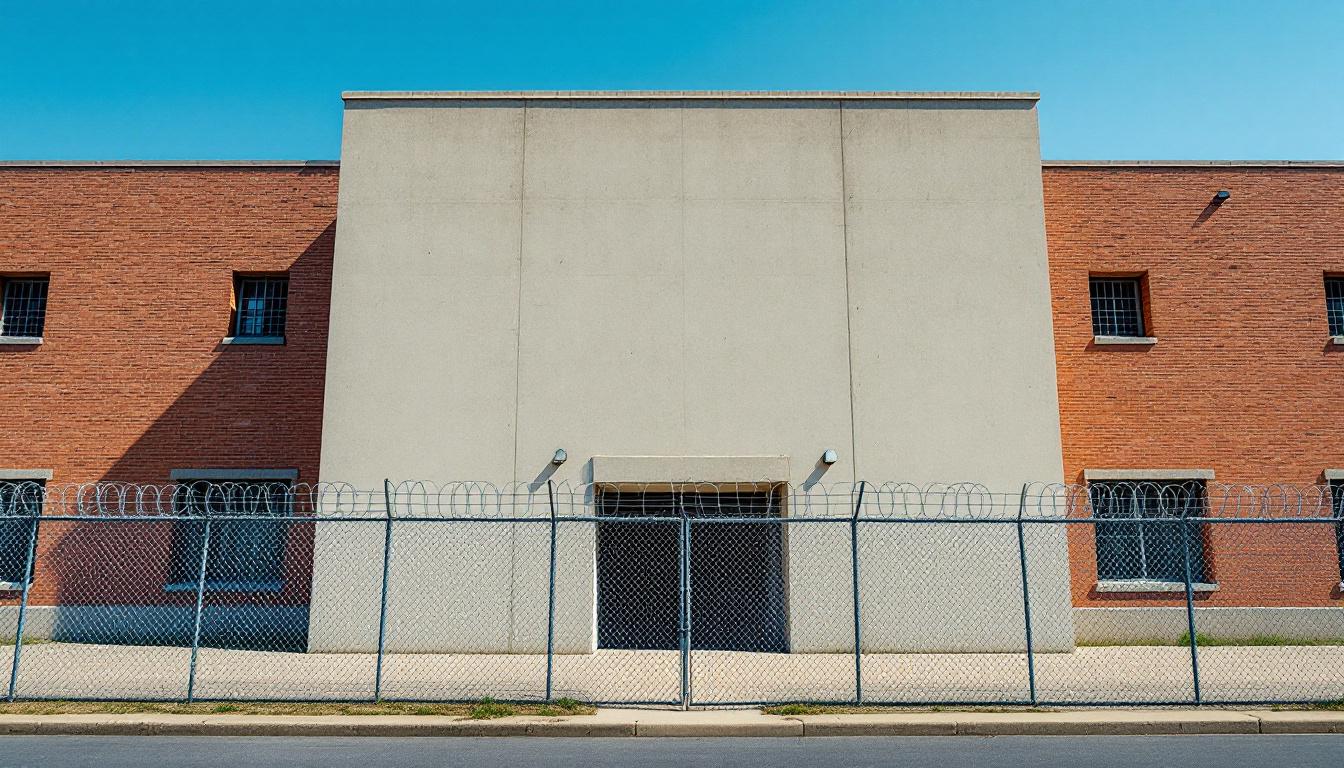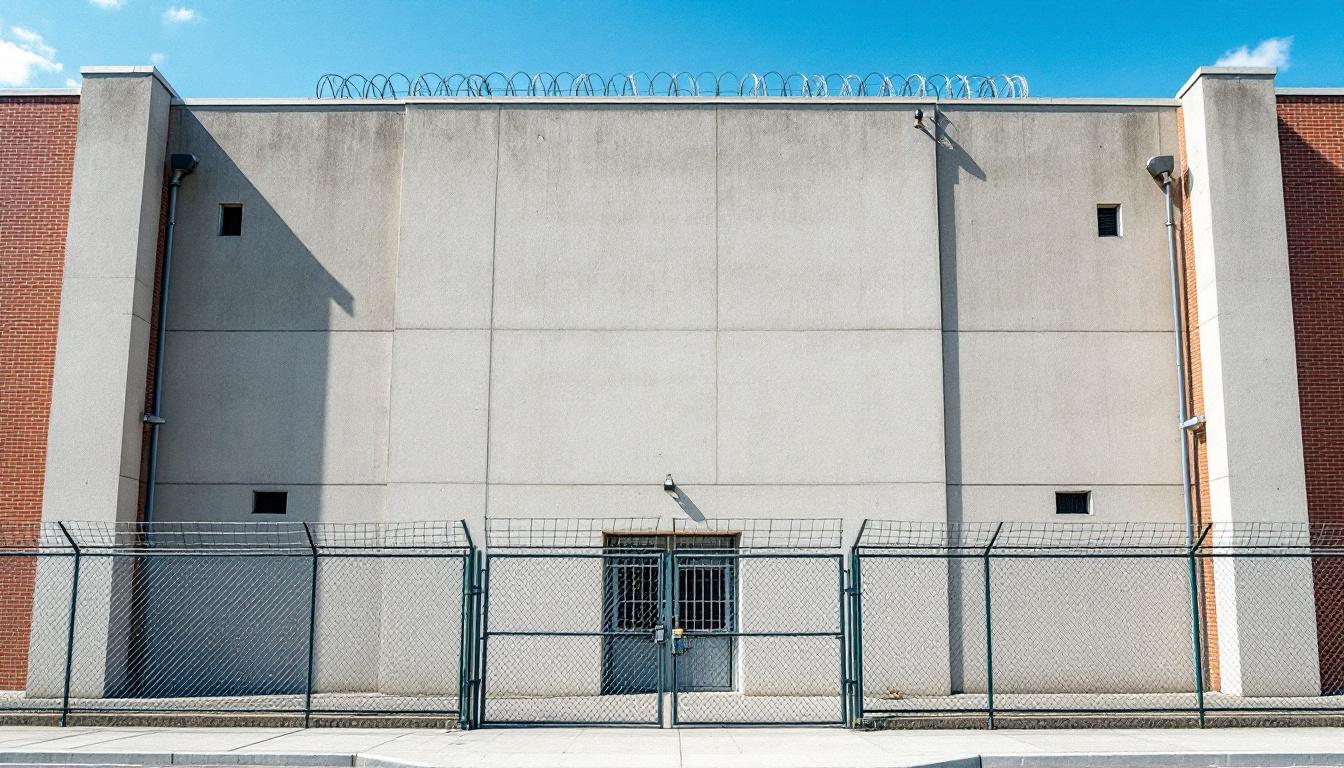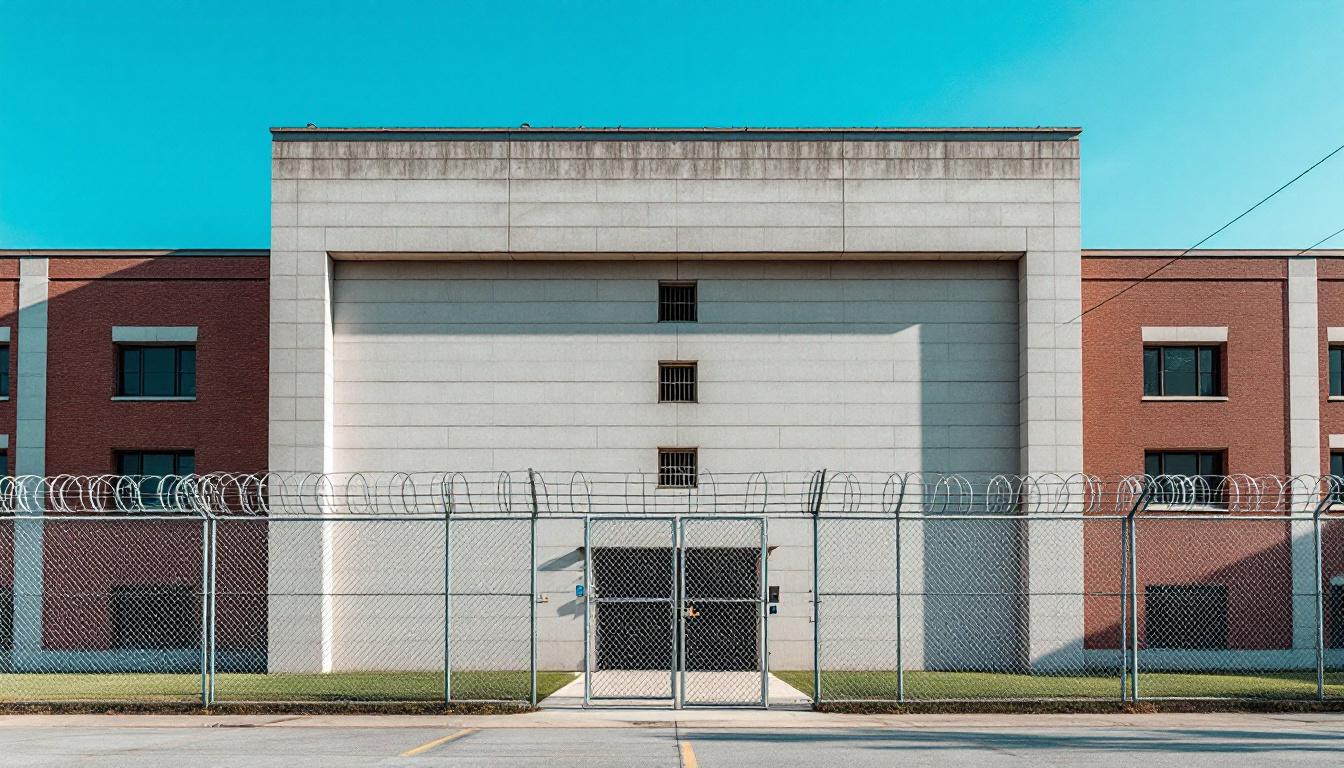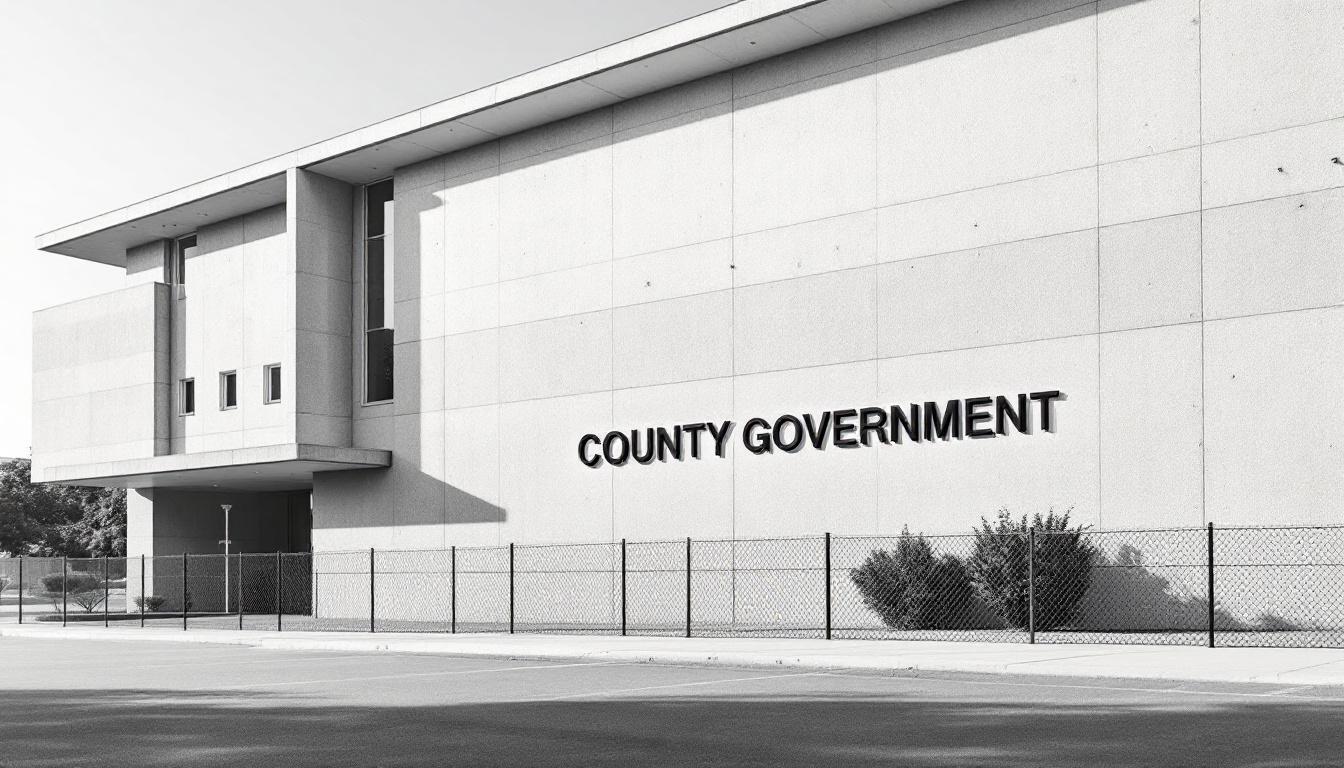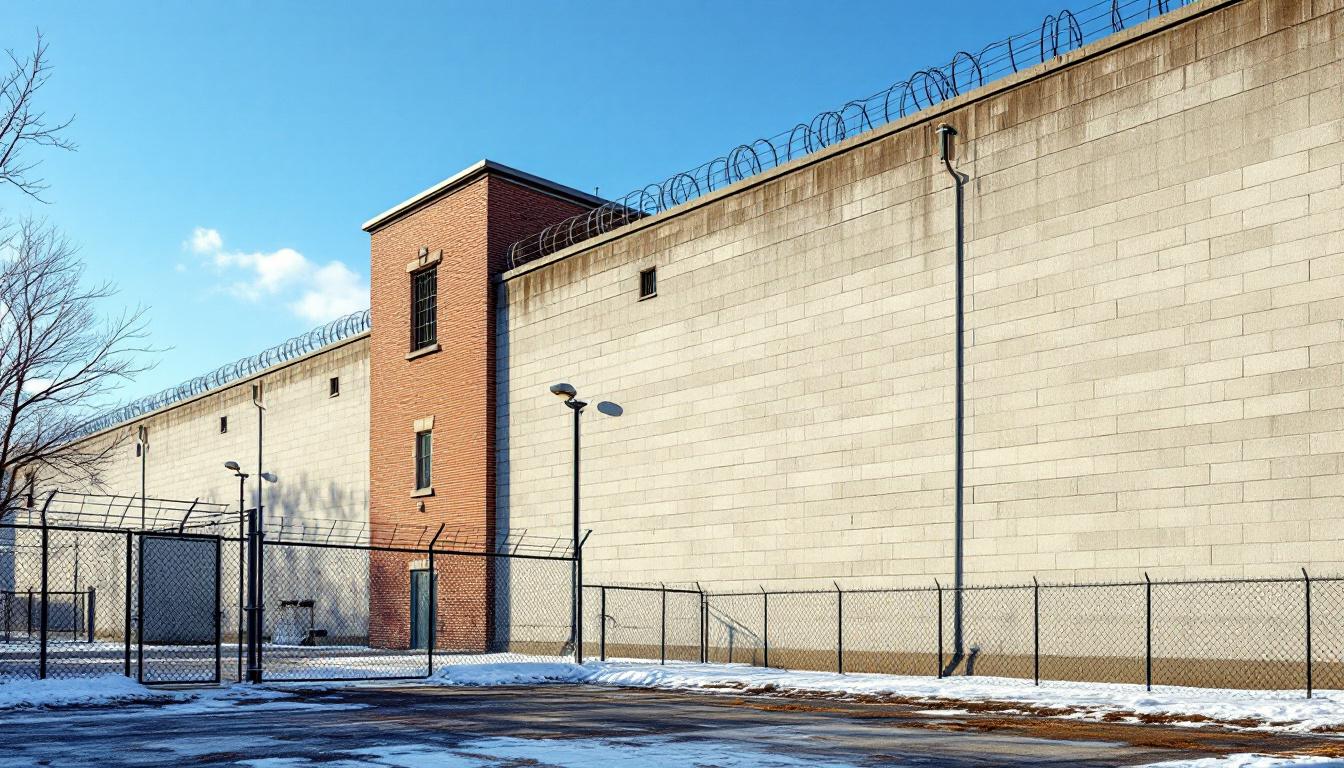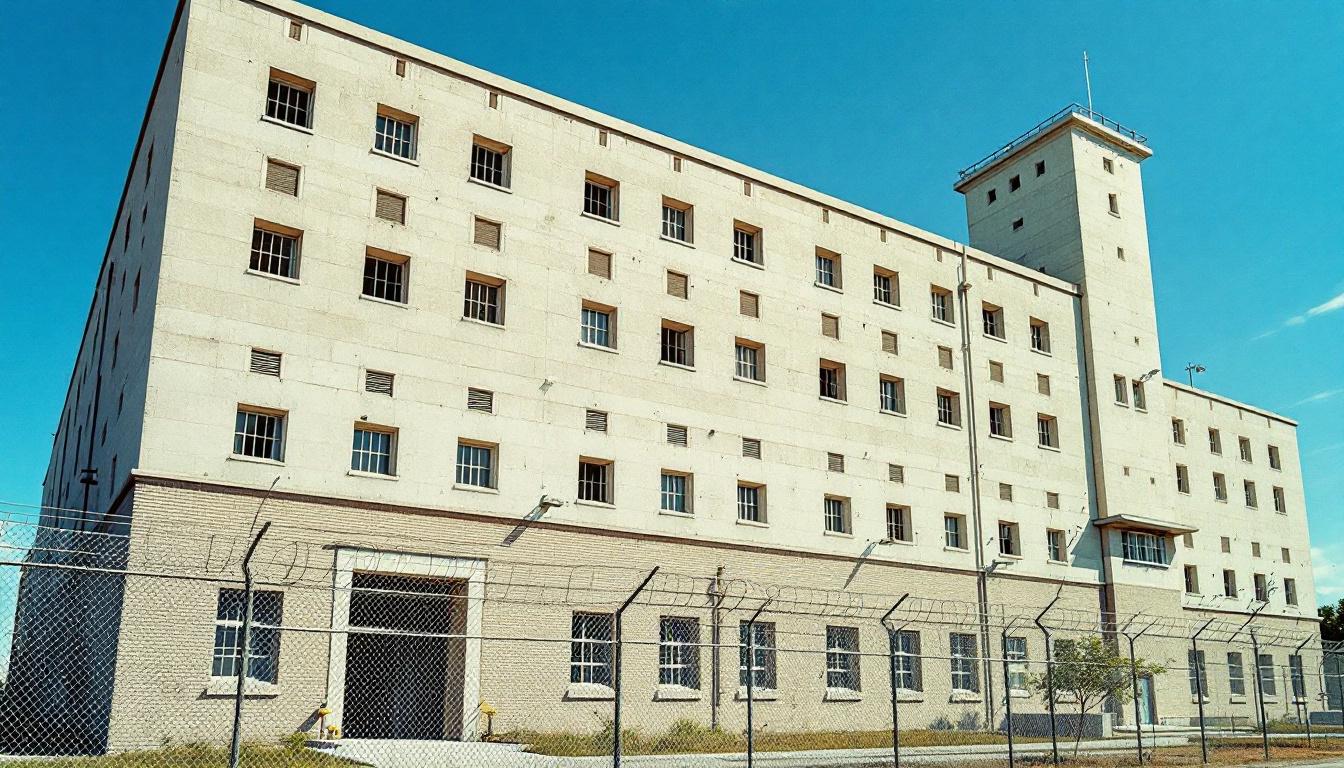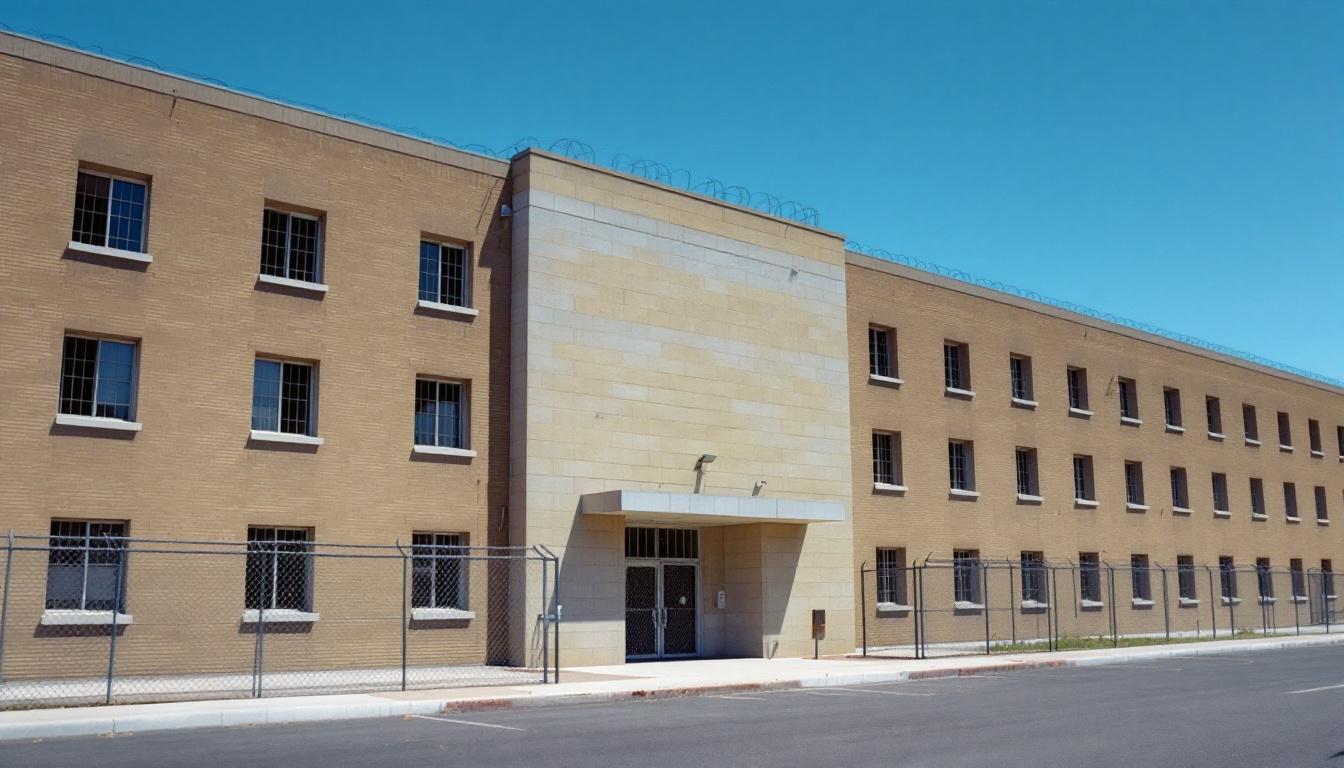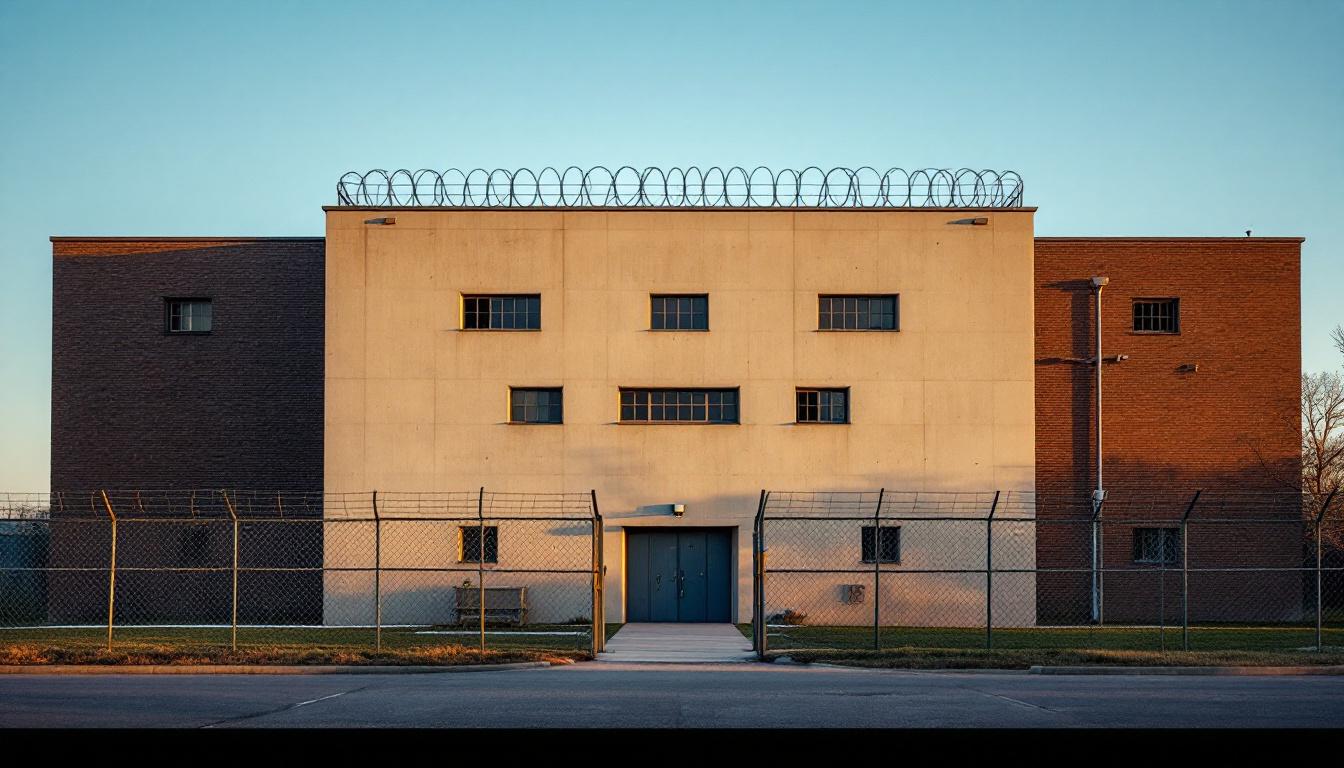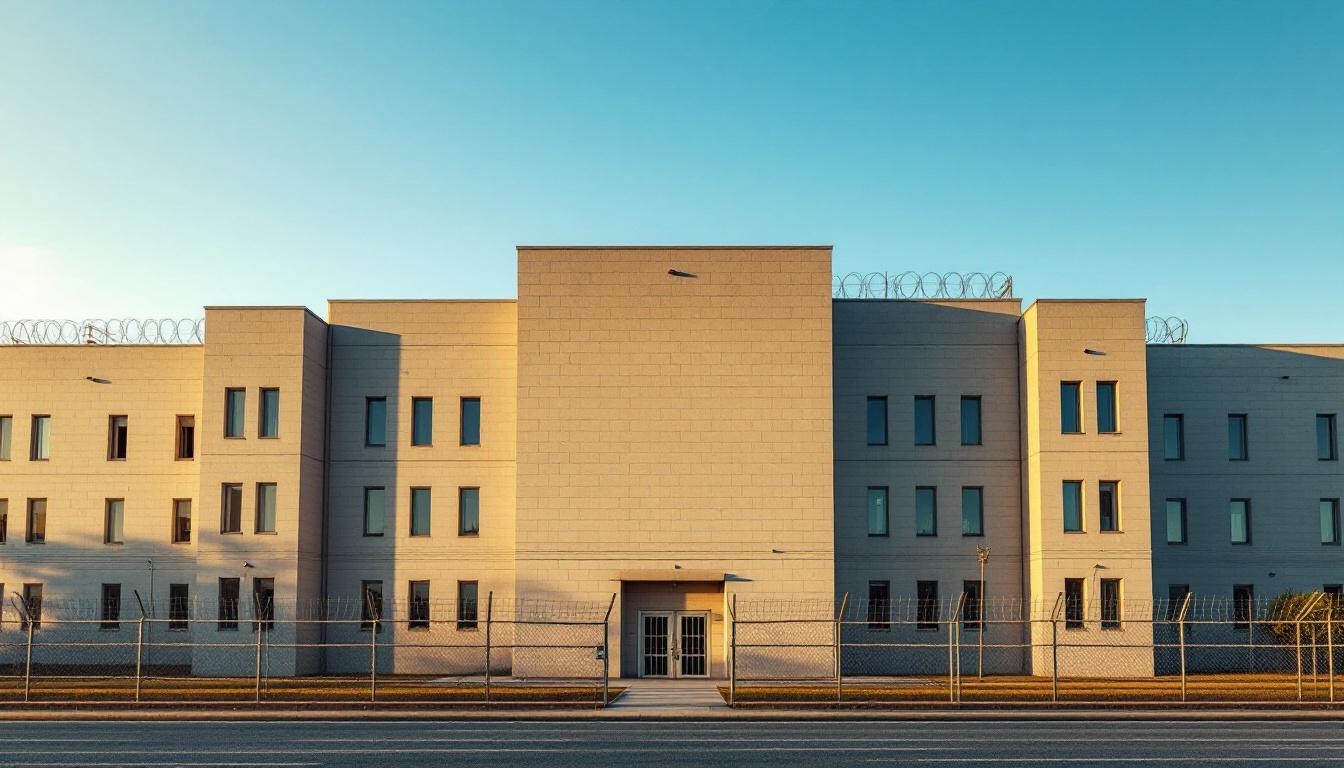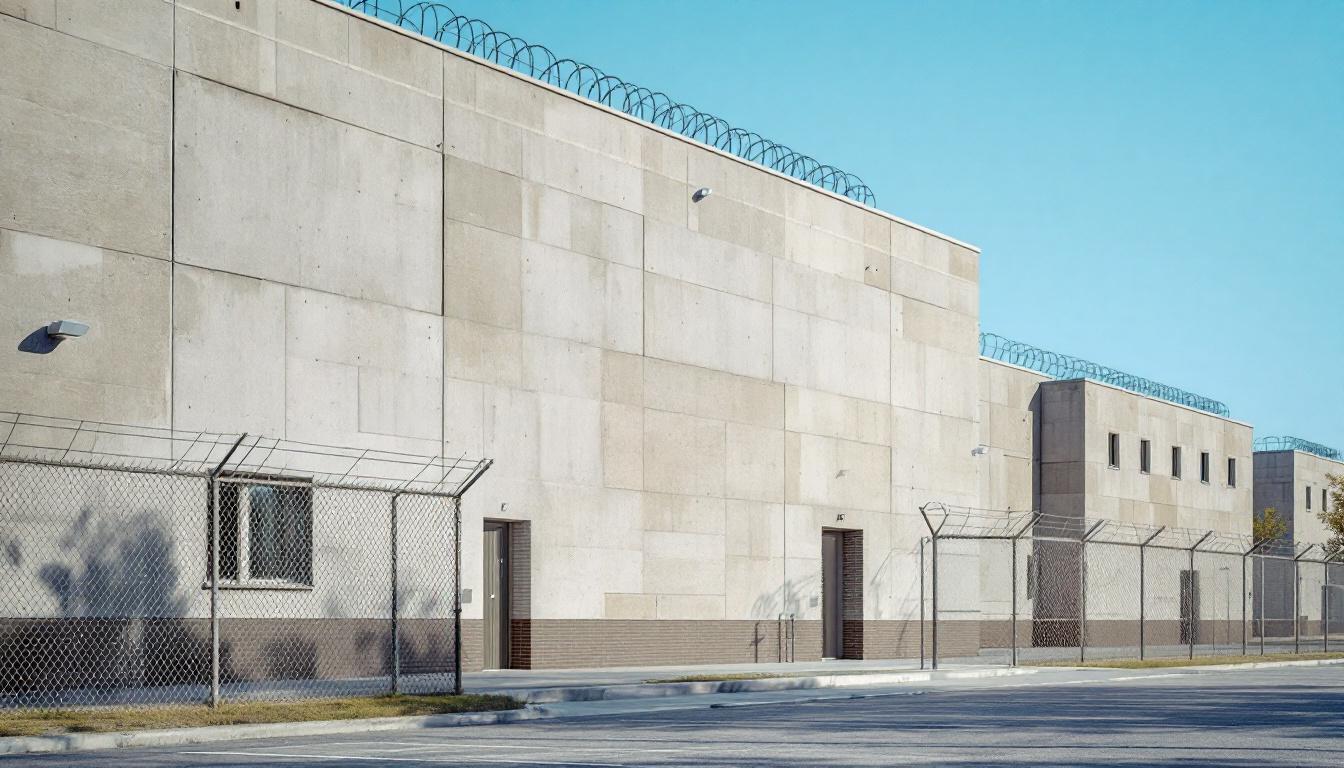
Quick Navigation
How to contact an inmate at King County Adult Detention
This comprehensive guide will walk you through how to connect with an inmate at King County Adult Detention. Follow the steps below to find an inmate and send letters and photos:
- Search for the inmate using our search tool below
- Create your account or log in to Penmate
- Write your message (up to 6,000 characters)
- Send instantly - inmates receive printed copies daily
Find an Inmate
Search for an inmate to start communicating today
Tip: You can search by first name, last name, or inmate ID number
To contact a person at King County Adult Detention start by searching for the person on the official facility website. Perform a search by following these steps:
- Step 1: Enter their first name and last name into the search form and click "Search"
- Step 2: Locate their inmate record
- Step 3: Write down their Inmate ID and any housing information provided
Important! Be sure to enter the person's full name. Nicknames should not be used.
How to Send Messages to Inmates

You can use your phone or computer to send emails, letters, and photos to an inmate. Messages are sent electronically to inmate tablets or kiosks at the facility. If you would like to send a message, start by searching for an inmate at King County Adult Detention.
Sending Photos and Postcards

A great way to send love and support to a loved one at King County Adult Detention is to send photos and postcards. It only takes a few minutes to send photos from your phone and it makes a huge difference. You can also mail postcards with words of support and inspiration, or design your own postcard for special moments like birthdays and holidays.
Important! Be sure not to send any explicit photos or they may not be approved by the facility. You can also use a photo printing app like Penmate to make sure your photos are printed at the correct size (4x6 or 3x5) and are mailed according to the rules and regulations of King County Adult Detention.
Frequently asked questions about King County Adult Detention
-
How long does it take to deliver a message?
If you're sending an email message your letter is usually delivered within 24-48 hours. For messages sent via mail you should expect delivery within 3-7 days. All messages will need be approved by King County Adult Detention.
-
How much does it cost to send a message to King County Adult Detention?
You can send a message free using your phone or mail a message via USPS for the price of a $0.60 stamp and envelope. You can also purchase credits or e-stamps from services starting at $1.99.
-
What services can I use to contact an inmate at King County Adult Detention?
Penmate
You can use Penmate to send letters and photos to an inmate from your phone. It's an easy way to stay in touch during your loved one's incarceration. Use the inmate locator to find an inmate's location and contact information, then you can send messages within a few minutes.
Securus messaging
Securus may be another option for communicating with an inmate at King County Adult Detention. You can create a friends and family account and purchase credits to send messages. All messages will be reviewed and must be approved by the facility.
JPay
Some county jails and state prisons may support sending messages with JPay. You must register an account with the system, find your loved one, and purchase stamps to send messages. For some locations you can also attach photos.
Smart Jail Mail
You may also check if Smart Jail Mail is available at King County Adult Detention. Smart Jail Mail is operated by Smart Communications and has contracted with some state and county jails. After purchasing credits, your messages and photos are sent to the facility, printed out, and then handed out to your loved one.
-
What is the mailing address of King County Adult Detention?
Mailing address:
King County Adult Detention
500 5th Ave
Seattle, WA 98104
Phone: (206) 296-1234Business hours:
- Monday: 6:00 – 9:00 AM
- Tuesday: 6:00 – 9:00 AM
- Wednesday: 6:00 – 9:00 AM
- Thursday: 6:00 – 9:00 AM
- Friday: 6:00 – 9:00 AM
- Saturday: 6:00 – 9:00 AM
- Sunday: 6:00 – 9:00 AM
-
What are the visiting hours at King County Adult Detention?
Visiting hours at King County Adult Detention vary by housing unit and security level. Generally, visits are scheduled on weekends and holidays, with some facilities offering weekday visits. Contact the facility directly at (206) 296-1234 or check their website for the current visiting schedule. Visits typically last 30-60 minutes and must be scheduled in advance.
-
What items are prohibited when sending mail to King County Adult Detention?
Prohibited items typically include: cash, personal checks, stamps, stickers, glitter, glue, tape, staples, paperclips, polaroid photos, musical or blank greeting cards, hardcover books, magazines with staples, and any items containing metal or electronics. Only send letters on plain white paper with blue or black ink. Photos must be printed on regular photo paper (no Polaroids). Always check with King County Adult Detention for their specific mail policies.
-
How do I send money to an inmate at King County Adult Detention?
You can send money to an inmate at King County Adult Detention through several methods: 1) Online using JPay, Access Corrections, or the facility's approved vendor, 2) Money orders mailed directly to the facility with the inmate's name and ID number, 3) Kiosks located in the facility lobby, or 4) Over the phone using a credit or debit card. Fees vary by method, typically ranging from $2.95 to $11.95 per transaction.
-
Can I schedule a video visit with an inmate at King County Adult Detention?
Many facilities now offer video visitation as an alternative to in-person visits. At King County Adult Detention, video visits may be available through services like Penmate, Securus Video Connect, GTL, or ICSolutions. Video visits typically cost $10-20 for 20-30 minutes and must be scheduled in advance. You'll need a computer or smartphone with a camera and reliable internet connection. Contact the facility for their specific video visitation policies and approved vendors.
-
What identification do I need to visit an inmate at King County Adult Detention?
All visitors must present valid government-issued photo identification such as a driver's license, state ID, passport, or military ID. Minors must be accompanied by a parent or legal guardian who can provide the minor's birth certificate. Some facilities require visitors to be on the inmate's approved visitation list, which may require a background check. Contact King County Adult Detention for specific ID requirements and visitor approval procedures.
-
How can I find out an inmate's release date?
To find an inmate's release date at King County Adult Detention, you can: 1) Use the online inmate search tool if available, 2) Call the facility's records department, 3) Contact the inmate's case manager or counselor, or 4) Have the inmate provide this information during a call or visit. For privacy reasons, some facilities only release this information to immediate family members.
Facility Overview
Official Website
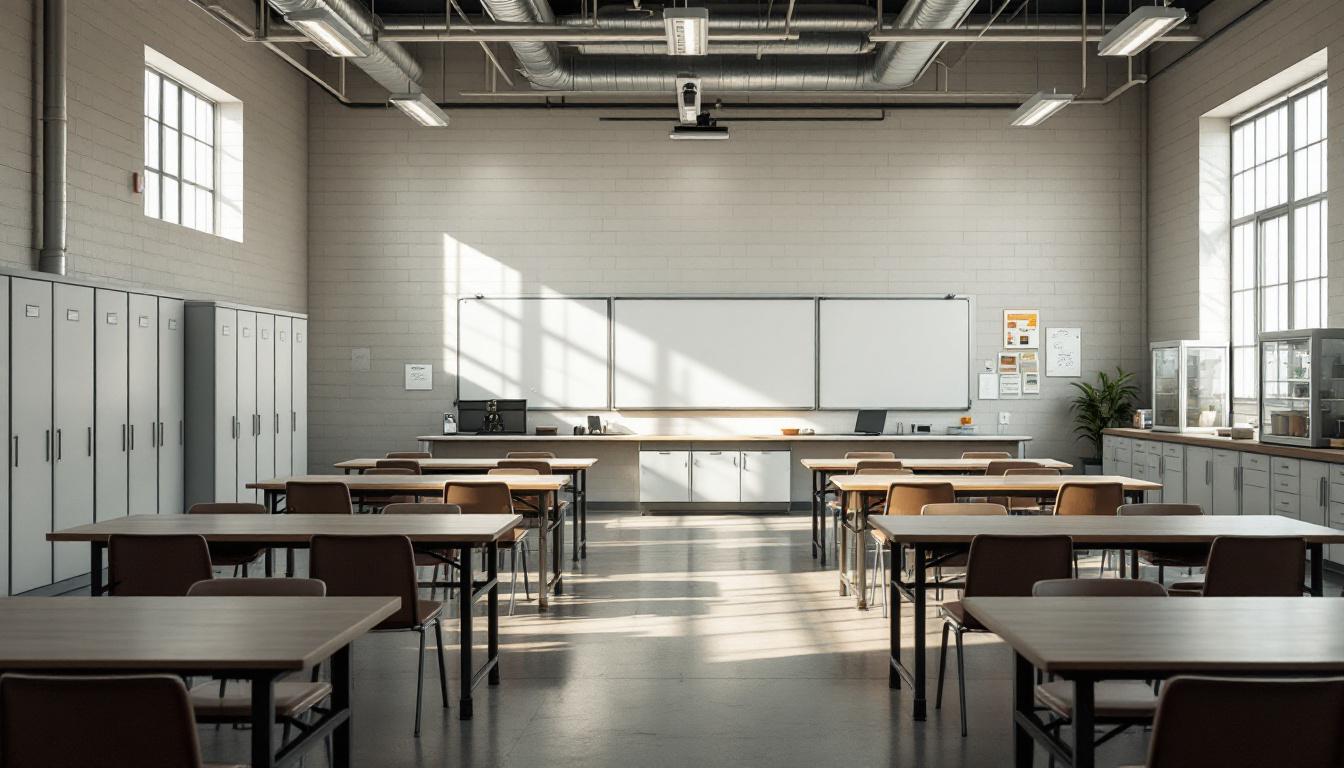
About King County Adult Detention
Correctional facilities serve as critical intervention points where rehabilitation efforts intersect with public safety objectives, and within Seattle's urban landscape, King County Correctional Facility operates as an integral component of Washington State's broader corrections network. This WA correctional facility typically emphasizes evidence-based programming designed to address the underlying factors that contribute to criminal behavior, recognizing that successful reintegration outcomes depend heavily on comprehensive support systems that extend beyond traditional incarceration models. The facility generally maintains connections with regional service providers throughout the Pacific Northwest, facilitating coordinated approaches to case management and transition planning that may help reduce recidivism rates across King County's diverse communities.
The population services at this Seattle-based correctional facility often include educational programming, substance abuse treatment options, and vocational training opportunities that align with the region's employment landscape. Mental health services typically form another cornerstone of the facility's rehabilitation approach, acknowledging the complex needs that many individuals bring into the correctional system. Family engagement programs may also be available, recognizing that maintaining meaningful connections during incarceration often correlates with more positive post-release outcomes. Through its position within the regional corrections network, the facility generally coordinates with community-based organizations, treatment providers, and social services agencies to create continuity of care that extends from intake through community reentry, supporting both individual transformation and broader community safety objectives throughout the greater Seattle metropolitan area.
Programs & Services
Through comprehensive programming designed to address individual needs, King County Correctional Facility provides essential support that helps prepare the population for successful community reintegration. The facility's approach recognizes that meaningful change occurs when people have access to structured opportunities for personal growth and skill development. These programs typically focus on building practical abilities while addressing underlying factors that may have contributed to incarceration, creating a foundation for positive life changes.
Educational services form a cornerstone of the facility's offerings, providing the population with opportunities to advance their academic credentials and develop new competencies. Distance learning programs may supply flexible pathways for individuals to pursue coursework that fits their schedules and circumstances. Moreover, vocational programs offer hands-on training in practical skills that can lead to employment opportunities upon release. Work programs within the facility often include janitorial services and upholstery training, giving participants real-world experience while contributing to facility operations.
The facility's support structure extends beyond traditional programming to encompass services that address the complex challenges faced by the population. These programs typically emphasize building connections with family members and community resources, recognizing that strong support networks are essential for successful reintegration. Staff members often work closely with participants to develop individualized plans that may include counseling services, life skills training, and preparation for the transition back to the community. This comprehensive approach helps ensure that individuals leave the facility better equipped to maintain stable housing, secure employment, and rebuild relationships with their families.
Daily Life & Visitation
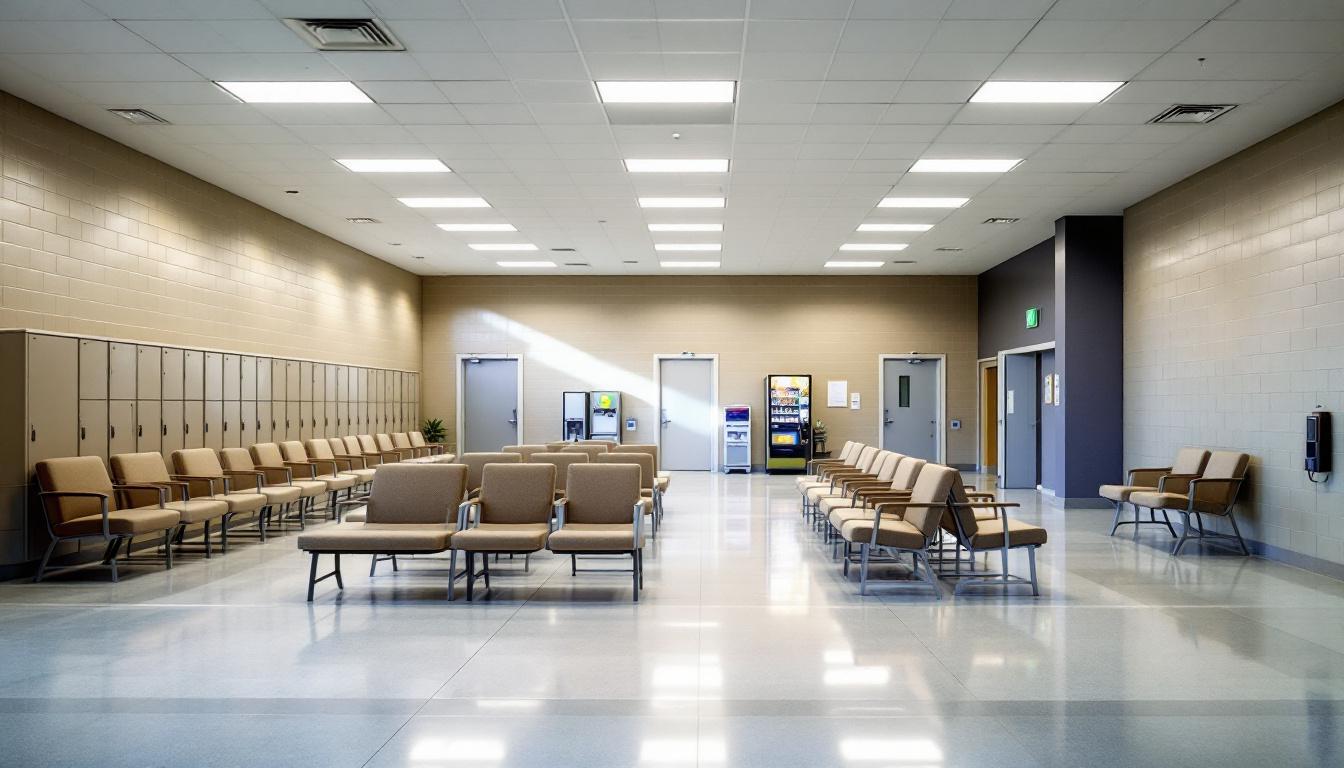
The carefully structured environment at King County Correctional Facility shapes every aspect of the population's experience through systematic scheduling and clear organizational protocols. Daily routines now follow predictable patterns that supply stability and order throughout the facility. The population regularly participates in scheduled count times, meal periods, and designated activities that maintain security while providing structure to each day.
Living accommodations typically consist of housing units designed to manage different classification levels within the population. Residents generally share cells or dormitory-style housing, with personal property allowances that may include basic hygiene items, limited clothing, and approved personal effects. Meals are usually served in designated dining areas according to housing unit schedules, with the population receiving three meals daily that meet nutritional standards. Moreover, commissary services typically allow residents to purchase additional food items, hygiene products, and other approved goods using funds from their facility accounts.
Whereas daily routines supply necessary structure, recreational and programming opportunities often provide meaningful engagement for the population. Exercise periods may include access to outdoor recreation areas or indoor facilities, depending on security levels and scheduling availability. Work assignments within the facility typically include kitchen duties, laundry services, maintenance tasks, and cleaning responsibilities that help maintain daily operations. Programming schedules generally offer educational classes, counseling sessions, and other structured activities. Family connections remain important through visitation policies that usually allow scheduled visits, while communication options may include monitored phone calls and correspondence, helping the population maintain relationships with their support systems outside the facility.
Ready to Connect?
Start communicating with your loved one today
Search for an Inmate
